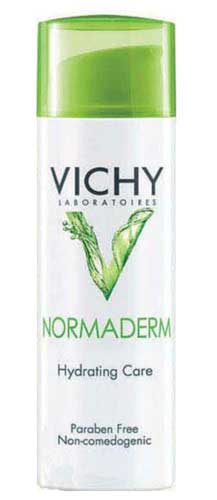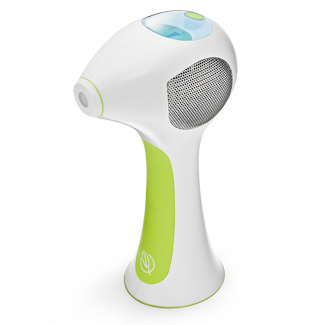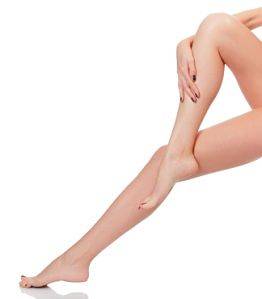For most skin conditions, it is easier to prevent the problem than to have to treat it after it develops. Acne is no exception. Below you find handy tips that will teach you how to prevent acne, how to prevent acne scars and methods to prevent back acne and to prevent pimples.
What are the causes of acne?
Unlike what you may have heard, acne is not caused by dirty skin. Acne is caused by excessive activity of the sebaceous glands in the skin and the accumulation of oil, dead skin cells and bacteria, which causes inflammation of the pores. So to prevent acne breakouts, you need to make sure you keep your skin clean.
The sebaceous glands are stimulated by hormones become active during puberty, which is why teens are prone to acne. Because the tendency to develop acne is partly genetic, if other people in your family had (or have) acne, is likely to develop it too.
While there is no surefire way to prevent acne, these tips can help you reduce the number and severity of outbreaks:
Washing skin is essential (as it helps to remove excess oil from the surface and dead skin cells that can block pores), but excessive cleaning can cause damage by overdrying your skin or irritating existing acne. Remember to wash after exercising to prevent sweat can clog pores and worsen acne. If you work around greasy food or oil, or if you’ve been sweating from heat or because you’ve been working hard, wash your face and other acne-prone areas as soon as possible.
If you are using skin care products such as lotions or makeup, look for those that are non-comedogenic, which means those that do not block pores.
If you cannot do without the lacquer or hair styling gel, be sure to apply as far as possible from the face. Many hair products contain oils that can make acne worse. Try to use water-based products.
If you have acne on areas such as the chest or back, avoid wearing tight clothes, which can rub the skin and cause irritation.
Acne Treatments That Actually Work
For some people, over-the-counter products are enough to fight acne. It may take time to find the best product: some may not work, and others may cause irritation. Over-the-counter products have different intensities. The active most popular and effective against acne is benzoyl peroxide. Salicylic acid is another agent that can help dry the beans.
If the counter products do not work, it is best to consult a doctor. They may prescribe gels or creams, pills, or a combination of both. It may be uncomfortable or embarrassing to talk with someone about acne, but the doctor is able to help your skin look its best.

What happens to the pimples you already have? Although it may be tempting to pop them, popping or squeezing a pimple is not solving the problem. In fact, this can push infected material and pus further into the skin, causing more swelling and redness (and this is not what you want before an appointment), and even permanent scarring.
If you are taking a prescription acne medicine, you must not stop treatment even if your skin clears up, unless your dermatologist says you can stop. If you stop too early, there is a possibility that your skin will break out all over again. The best way to prevent cystic acne and related problems is to stick to your doctor’s recommendations.
A nutritious diet can help you stay healthy, and your skin will benefit from the addition of vitamins and minerals. Do some research online to see which foods prevent acne. It will be time well spent. But most important is that you should not obsess about what you eat or how often you wash your face to control acne. Your overall health is what’s important, and fighting acne should be just one small part of your life.





